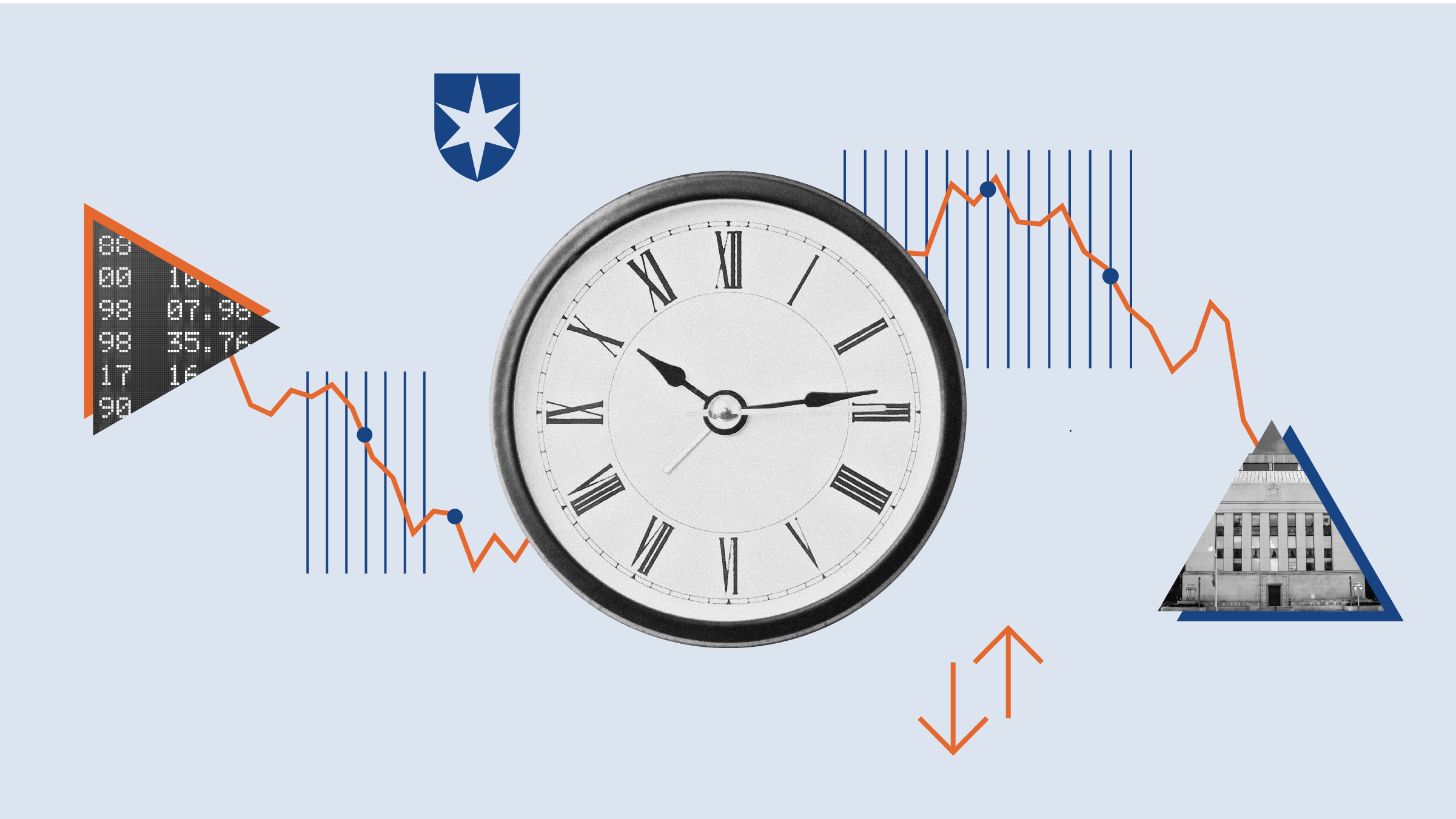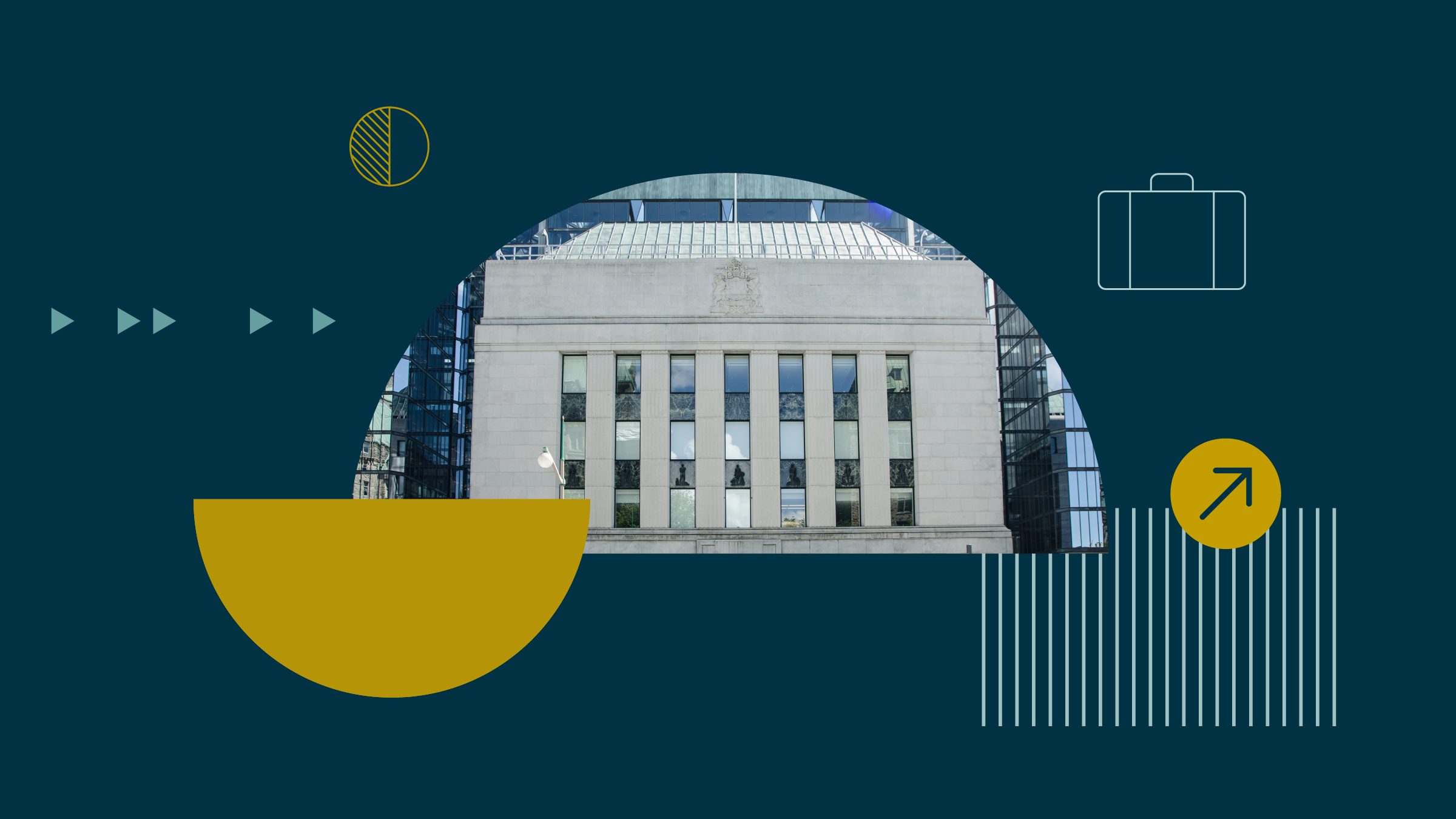Matthew Strauss, vice-president and portfolio manager at Signature Global Asset Management, says that despite global economic uncertainty, the medium and long-term outlook for emerging-market equities is positive.
Investors, he says, need to identify those countries in this 20-plus group that are implementing significant reforms and have successfully fostered strong, globally competitive companies in key sectors such as technology. "Emerging markets are not a homogenous group."
Strauss considers that in the short term, there could be further volatility in emerging-market stocks. "We are not yet out of the woods; we are not yet at the end of the current instability." He has raised the cash component of the emerging markets fund that he manages to 10%.
Emerging-market performance for the first 10 months of 2014 is virtually flat in U.S.-dollar terms, says Strauss. The MSCI Emerging Markets Index has slightly lagged that of developed markets as represented in the MSCI World Index. But neither index has done that much (in U.S.-dollar terms) in the 10 months to Oct. 31.
"In contrast to their meagre 10-month showing, emerging markets rallied strongly from early February to late August," says Strauss. In September and in October, these stocks corrected sharply. "A number of macro factors contributed to this correction, including the reduction in global economic- growth expectations and the accompanying selloff in commodities," he says. "This affected commodity-related emerging economies such as Brazil, Russia and South Africa."
Strauss points out that in early October, the International Monetary Fund cut its global economic-growth forecast again for 2014, this time to 3.3%. This forecast for 2014 equals the global economic-growth rate recorded in 2013, he says. The IMF has also scaled back its forecast for 2015 to 3.8%, he adds.
 |
|
 |
|
| Matthew Strauss | |
 |
|
 |
|
 |
Investors turned defensive in September and into October, says Strauss. In this "risk-off environment", asset classes that are considered riskier, such as commodities and emerging-markets equities, came under selling pressure.
While emerging-market stocks are currently cheaper than their developed-market counterparts, says Strauss, "they are fairly valued by historical standards." Therefore, he says, the valuation of emerging markets as a group "is not expected to be a hindrance, but it is not likely to be a market driver either." Thus it is important to pick both countries and companies that have distinct advantages, he says.
Strauss likes Mexico and India. "Both are moving in the right direction in respect of their economic reforms." An investment theme here, he says, is infrastructure plays. He cautions that both Mexico and India are expensive equity markets, so there is a need to be highly selective.
When it comes to China, Strauss's emphasis is on "the new China, innovative companies that are successful domestically and competitive globally."
Signature Global Asset Management, a separate portfolio-management team under CI Investments Inc., manages assets of $51.3 billion across all asset classes. Strauss provides macroeconomic strategy on foreign exchange and is a specialist in emerging markets. His responsibilities include co-managing CI Signature Emerging Markets, which holds 100 to 120 names.
The fund's biggest country overweight, relative to the MSCI Emerging Markets Index, is China, says Strauss. It is "heavily underweight" in Brazil, Russia and South Africa. As for sectors, the fund has overweight positions in information technology -- "reflecting the emphasis on the new China" -- and is underweight in natural resources, consumer staples and telecommunications.
Alibaba Group Holding Ltd. BABA is the largest holding in the fund. On Sept. 19, the company's initial public offering, priced at US$68 a share, opened for trading on the New York Stock Exchange at US$92.70. The stock has risen since. "At recent close of US$100 per share plus, it has not yet reached expensive territory," says Strauss.
Alibaba raised US$25 billion with this share issue, which ranks as the world's biggest IPO. Signature participated in this issue. The company's market cap, now more than US$250 billion, comfortably exceeds the combined market capitalization of U.S.-based e-commerce giants Amazon.com Inc. AMZN and eBay Inc. EBAY.
| Alibaba Group Holding Ltd. | Amazon. com Ltd. | eBay Inc. | |
| Nov.10 close | $119.15 | $305.11 | $53.89 |
| 52-week high/low | $119.45-$82.81* | $408.06-$284.00 | $59.70-$46.34 |
| Market cap | $288.5 billion | $142.2 billion | $66.7 billion |
| *Alibaba began trading on Sept. 19, 2014, on the New York Stock Exchange. All data as of Nov. 10, 2014. All figures in $US Source: Morningstar |
|||
Through its subsidiaries, Alibaba operates as an online and mobile-commerce company in China and internationally. "People in China are aggressive in adopting technology and buying online," says Strauss. "Alibaba's market share is significant in China." The company also provides payment services and cloud computing services, he notes.
Another significant "new China" holding in the fund is Tencent Holdings Ltd., which is the "largest social-media company in the country." Its offerings include instant messaging, social networking and online games, as well as e-commerce services. "It has a dominant franchise in the country and is expanding its range of services," says Strauss. "The company is doing well on the earnings front and even though the stock is not cheap, the company continues to have good growth potential."
In the technology sector, Signature has reduced the fund's holdings in the electronics giant Samsung Electronics Co. Ltd., which is based in South Korea, and in Taiwan Semiconductor Manufacturing Co. Ltd. The latter has an American Depository Receipt and trades on New York under the ticker TSM. "We pared back these two holdings in favour of Internet-related companies such as Alibaba and Tencent."
Turning to India, Strauss points to the fund's holding in Adani Ports & Special Economic Zone Ltd. as an example of an infrastructure play in that country. This company is a major port operator, with six ports in India.
"Its Mundra Port in the state of Gujarat on the west coast of India is its biggest port holding and is the largest coal-importing port in Asia." There is a "chronic shortage of coal in India," says Strauss.
Adani Ports is expanding its operations and is well placed to benefit from the expected reforms in India, Strauss says. It is interesting, he adds, that India's Prime Minister, Narendra Modi, who was elected this May, was previously the head of the state government in Gujarat and is credited with undertaking large reconstruction projects and introducing economic reforms in his home state.
In Mexico, an example of the fund's infrastructure holding is Grupo Aeroportuario del Centro Norte S.A.B. de C.V., also known as OMA. The company operates and manages a portfolio of 13 international airports in nine states in northern and central Mexico. "The Mexican economy is improving and this should benefit OMA," says Strauss.


















